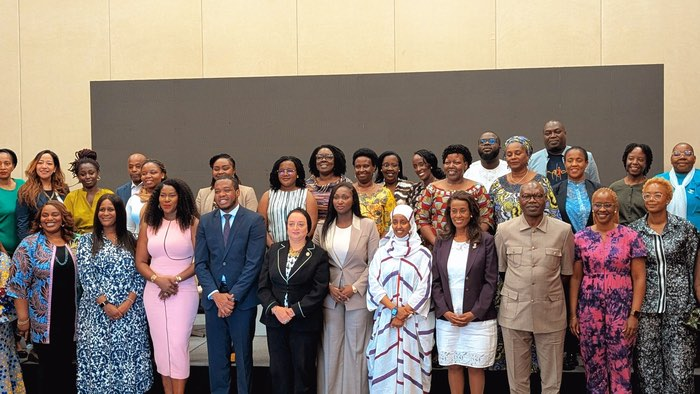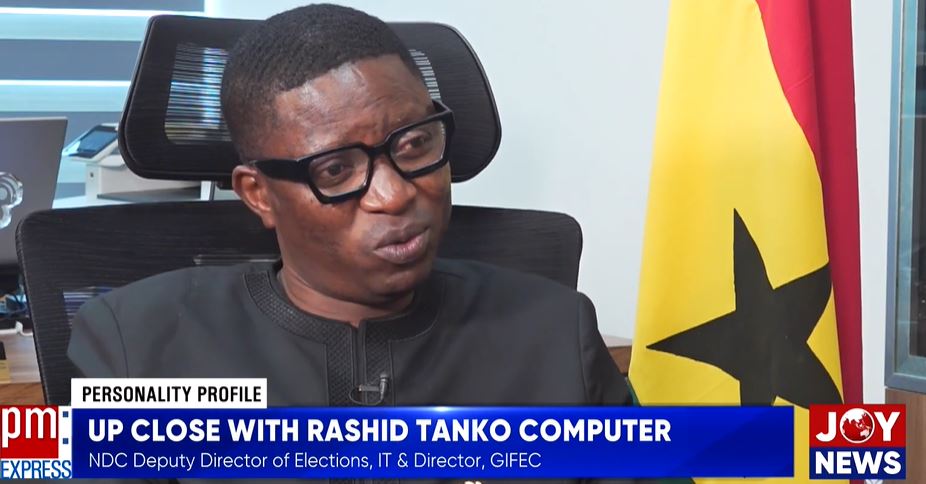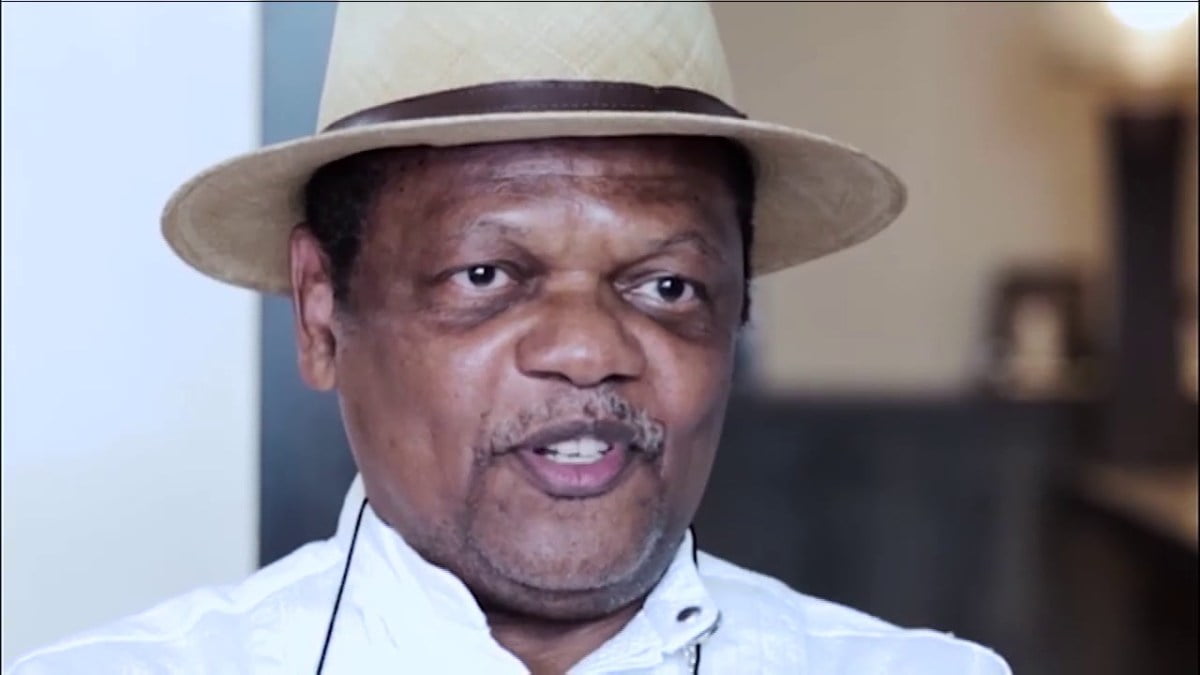Copyright rnanews

By Gilbert Mahame The Africa Facility for Women in Political Leadership on Monday opened a four-day Co-Design Workshop (27-30 October 2025) for the Regional Leadership Academy for Women in Politics at the Kigali Convention Center. The event has brought together policymakers, scholars, and advocates from across the continent to co-create strategies that will strengthen women’s participation in African politics. The workshop, convened by the African School of Governance (ASG) in partnership with the African Union Commission, the United Nations Development Programme (UNDP), and the African Women Leaders Network (AWLN), aims to establish a continental academy that will nurture women’s leadership through mentorship, training, and capacity development. In her opening address, Prof. Amany El-Sharif, Vice President for Academic Affairs at the African School of Governance, described Kigali as “a city born from adversity, a living statement of resilience and leadership transformation.” She emphasized that the forthcoming academy should become “an African ecosystem of knowledge, competencies, mentorship, and empowerment capable of shaping the next generation of African women leaders.” “Education and training shape a nation’s destiny. When we build systems that elevate women, we build governance that strengthens nations,” Prof. El-Sharif noted. She underscored three guiding principles for the workshop; co-creation and consultation, African ownership, and sustainability and inclusion, stressing that the academy must “outlive ourselves and reach women from rural areas to the most developed countries.” Dr. Jide Martyns Okeke, Director of the UNDP Regional Programme for Africa, reminded participants that despite notable progress in representation, women still face structural barriers in politics across Africa. “We need to transcend the conversation beyond representation. The goal is not just to promote women leaders but to equip them with the skills, resources, and partnerships they need to excel,” he said. Dr. Okeke explained that UNDP seeks to empower women through leadership development, removing financial barriers that hinder their participation, and advocating for inclusive policy reforms that enhance their role in governance. He also emphasized the importance of partnerships with the African Union and AWLN, calling for clarity of vision and inclusivity to ensure that no country is left behind. Speaking virtually, Joyce Mends-Cole, Acting Executive Director of the African Women Leaders Network, celebrated the collaboration between UNDP, the African Union, and AWLN as a major step in advancing women’s leadership across the continent. She stressed that the academy must reflect African realities and values, designed through co-creation led by women and supported by male allies. “Even the best curriculum will have limited impact if the external barriers that restrict women’s political participation are not addressed,” she said. Mends-Cole added that the academy should not only serve as a training platform but as “a transformative movement grounded in African values, solidarity, and sisterhood.” Memory Kachambwa, Executive Director of the African Women’s Development and Communication Network (FEMNET), identified political financing as a critical barrier to women’s participation. “One of the biggest obstacles is financing. We need strategies that support women who want to enter politics and models that allow them to participate effectively,” she said. She noted that women already lead at community levels but face political violence and exclusion at higher levels of governance. “Women are often seen as soft, but they lead with consistency, care, and integrity. Countries where women have been supported to lead like South Africa, Namibia, and Sierra Leone show that women’s leadership delivers results,” Kachambwa added. Prof. Oluwafunmilayo Josephine Para-Mallam, Chairperson of AWLN-Nigeria, emphasized the need to dismantle structural inequalities rooted in patriarchal institutions and cultures. “Africa’s leadership deficit is linked to the absence of women in decision-making. Most of our nations are flying with one wing; the male wing, while the female wing remains underutilized,” she said. She called for legal reforms, affirmative action, and consciousness-raising among women to view themselves as “change agents and stakeholders” in Africa’s political future. “When women are not at the table, they are on the menu,” she concluded. Hon. Senator Dr. Usta Kayitesi, Head of the Politics and Leadership Commission in the Rwandan Senate, said hosting the workshop in Kigali reflects Rwanda’s growing role as a model for inclusive and effective governance. “This meeting prepares African women to engage in politics that yields tangible results. Rwanda is a model because our laws and leadership give both women and men equal opportunities to contribute to national development,” she said. She added that the event allows participants from various African countries to share experiences, learn from Rwanda’s journey, and identify practical solutions to barriers that hinder women’s political empowerment. As the workshop continues, participants are expected to co-design the curriculum and framework of the Regional Leadership Academy for Women in Politics, envisioned as a sustainable institution for nurturing the next generation of women leaders. The initiative aligns with the African Union’s Agenda 2063, which envisions “an Africa whose development is people driven, relying on the potential of African people, especially its women and youth.” (End)



